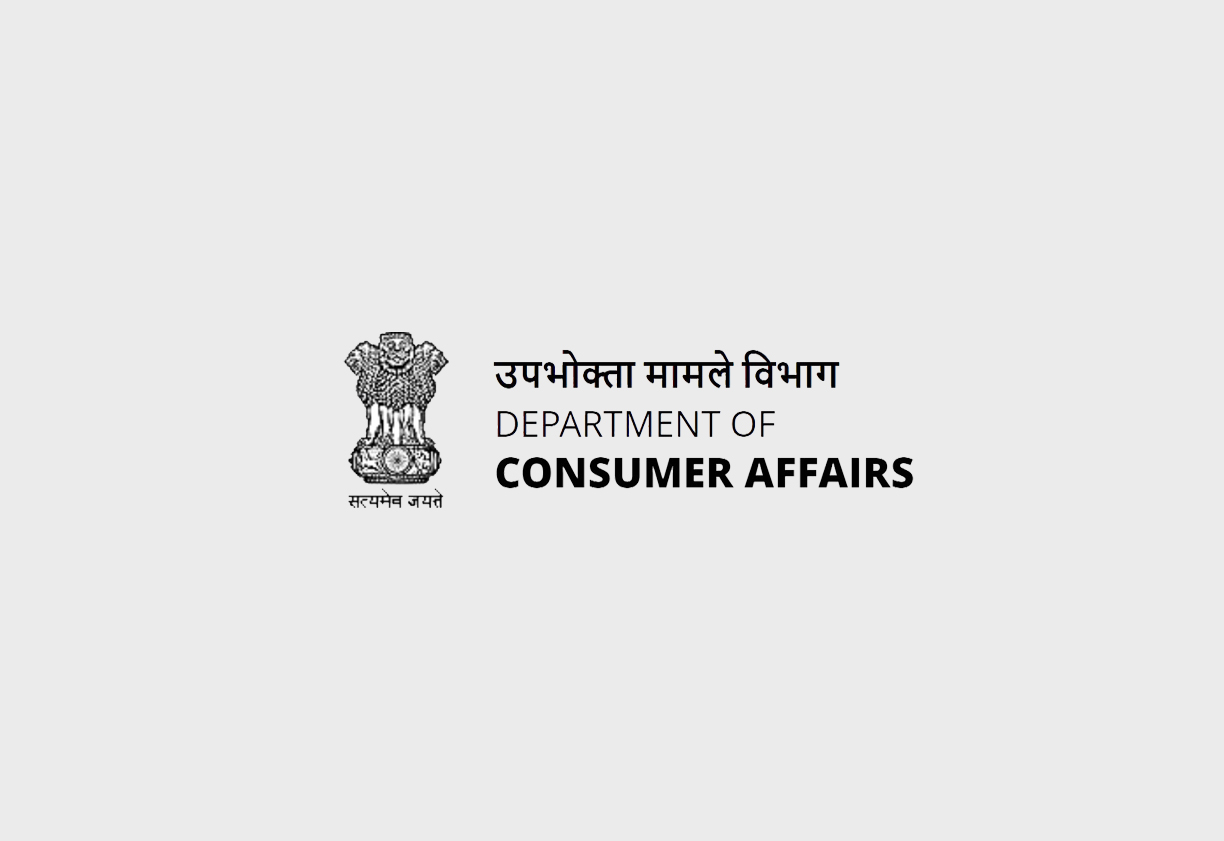Ministry of Consumer Affairs, Food and Public Distribution
The Warehousing (Development and Regulation) Act, 2007, is a significant piece of legislation that aims to develop and regulate the warehousing sector in India. This Act provides a framework for the registration of warehouses, the issuance of negotiable warehouse receipts, and the establishment of a regulatory authority to oversee the industry. The Act is designed to promote transparency, efficiency, and accountability in the warehousing business, facilitating the storage and trade of goods. It is a crucial component of India’s infrastructure and supply chain management.
Act Background and Ministry:
The Warehousing (Development and Regulation) Act, 2007, was enacted by the Parliament of India. It was designed to provide a modern legal framework for the development and regulation of the warehousing sector. The Act falls under the purview of the Ministry of Consumer Affairs, Food and Public Distribution, Government of India.
Enactment Date, Number of Chapters, Number of Sections:
The Act was enacted on September 19, 2007. It is structured into 55 sections, divided into 11 chapters.
Act Governed By:
The Act is primarily governed by the Warehousing Development and Regulatory Authority, which is responsible for overseeing the implementation of the Act and regulating the warehousing business. The Central Government also plays a role in making rules and providing grants. The implementation of the Act involves various stakeholders, including warehousemen, depositors, accreditation agencies, and users.
On Whom it is Applicable:
The Act is applicable to all persons involved in the business of warehousing in India. This includes warehousemen, depositors, accreditation agencies, and other entities that are involved in the storage and management of goods.
Penalties/Punishments:
The Act specifies penalties for non-compliance, which include:
-
Imprisonment and Fines: For knowingly issuing a warehouse receipt without receiving goods, issuing duplicate receipts unlawfully, delivering goods without obtaining the receipt, and other specified offenses.
-
Liability for Damages: Warehousemen may be liable for damages caused by their failure to exercise due care or by issuing incorrect receipts.
Important Pointers:
-
Registration of Warehouses: The Act mandates the registration of warehouses issuing negotiable warehouse receipts.
-
Accreditation Agencies: The Act provides for the registration of accreditation agencies to certify warehouses.
-
Negotiable Warehouse Receipts: The Act regulates the issuance and negotiation of warehouse receipts, making them a secure instrument for trade and financing.
-
Duties of Warehousemen: The Act outlines the duties and responsibilities of warehousemen, including the proper care of goods and the delivery of goods to the rightful holder of the receipt.
-
Lien on Goods: The Act recognizes the lien of a warehouseman on goods for storage and maintenance charges.
-
Authority’s Powers: The Act empowers the Warehousing Development and Regulatory Authority to regulate the warehousing sector and ensure compliance with the Act’s provisions.
-
User Protection: The Act includes provisions to protect the interests of depositors and holders of warehouse receipts.
-
Dispute Resolution: The Act provides for dispute resolution mechanisms, including arbitration.
Act Copy:




